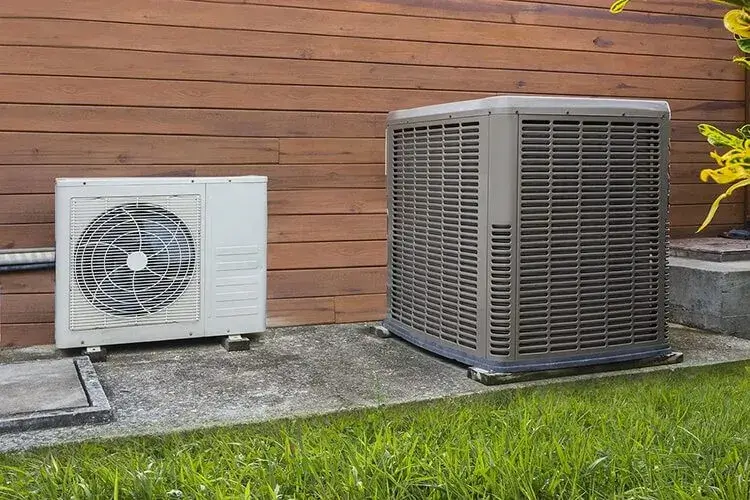Learn everything there is to know about your air conditioning filter
Your hear it from HVAC contractors all of the time, “it’s one of the easiest things you can do to extend the life of your system.” And it’s true, changing the air filter regularly is a huge part of air conditioning maintenance. However, that’s all most people know about their air filter. There are different types of air filters, different ratings and more to know. Check out these frequently asked air filter questions, so you’re always up to speed on the type of filter that you need!
What is my air filter?
The air filter is a flat, permeable filter that can be made of fiberglass, plastic, cardboard and other materials. It’s responsible for filtering dust, allergens and other harmful particles out of your home’s air supply.
Where is it located?
The air conditioning filter is usually located near the blower component of the indoor unit. The blower moves air into the ductwork, and all air passes through the filter before making it into any room of your home.
What’s a disposable filter?
This type of filter is most common and is usually made out of fiberglass and cardboard. They’re sold in hardware stores, department stores and other places. You must change these filters every 1 – 3 months, depending on the type of filter, size of unit, etc.
What’s a reusable filter?
As it’s name states, you can reuse these filters. They are more permanently constructed and specific to your make and model of air conditioner. You can clean them by simply spraying them with a hose and allowing them to dry.
What’s a MERV Rating?
MERV stands for Minimum Efficiency Reporting Value, and it’s a value that rates filters from 1 – 16. The higher the MERV Rating, the more efficient it will be at removing particles from your air. However, beware, a higher MERV rating means more restricted air flow, which could cause a huge decrease in efficiency and a huge increase in energy costs!
What air conditioning filter should I get?
That depends on the size, make and model of your unit. It’s best to consult any owners manuals or documentation for the answer to this question. If those materials aren’t available, you can always call a local professional, and they can most likely assist you over the phone.


